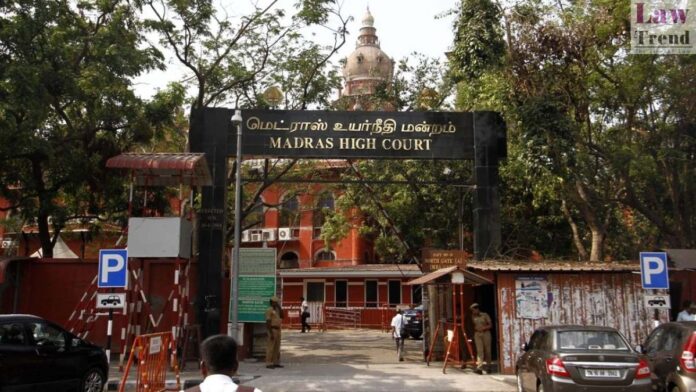The Madras High Court, in a significant judgment, upheld the convictions of several accused in the high-profile murder case of Gokulraj, a young engineering graduate. The case, which has drawn considerable attention due to its caste-related implications, was decided by a bench comprising Justice M.S. Ramesh and Justice N. Anand Venkatesh. Background of the Case
To Read More Please Subscribe to VIP Membership for Unlimited Access to All the Articles, Download Available Copies of Judgments/Order, Acess to Central/State Bare Acts, Advertisement Free Content, Access to More than 4000 Legal Drafts( Readymade Editable Formats of Suits, Petitions, Writs, Legal Notices, Divorce Petitions, 138 Notices, Bail Applications etc.) in Hindi and English.




